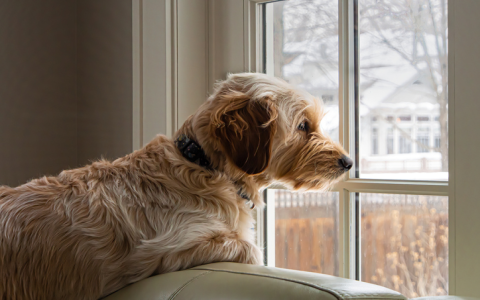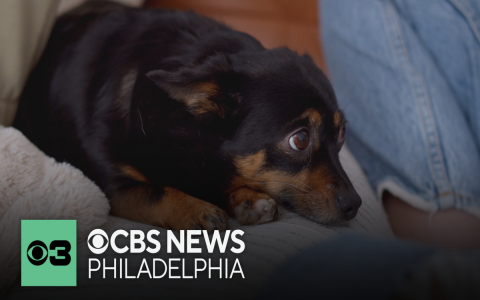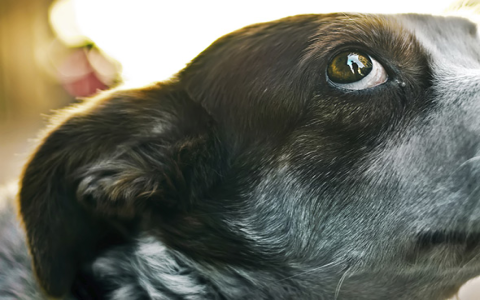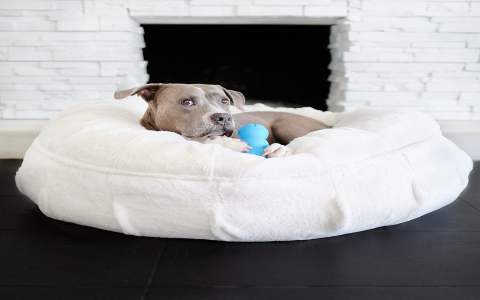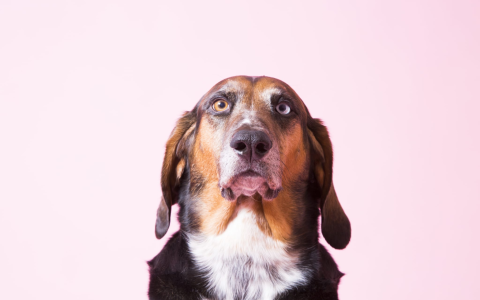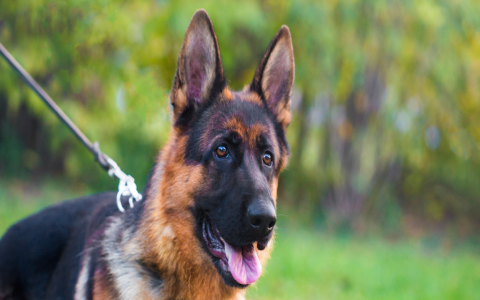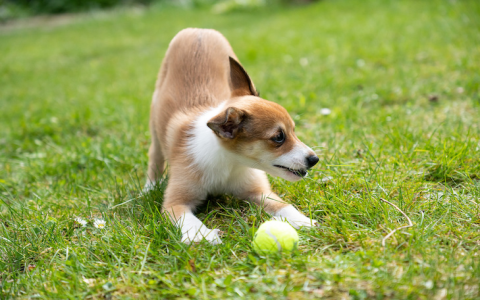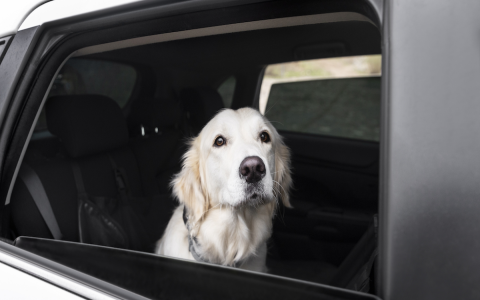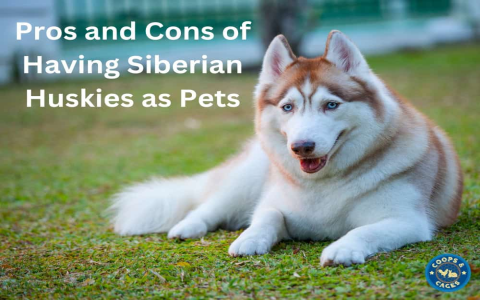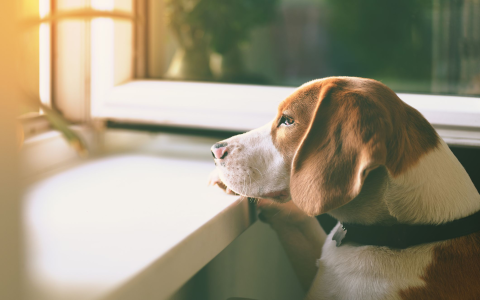Why Is My Dog So Restless at Night? Top Reasons Revealed
Okay, let's talk about this nighttime restlessness thing with dogs. Had this happen with my old boy, Max, a while back and it drove me nuts trying to figure it out.
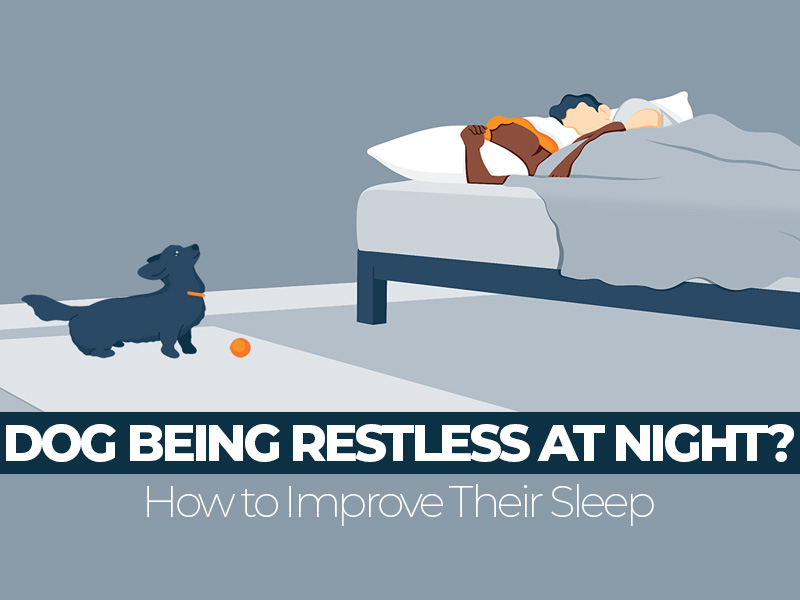
Figuring Out the Night Pacing
So, it started kinda subtle. Max, usually a log at night, began getting up. A lot. At first, I just thought, okay, maybe he needs to go out. So, I'd get up, let him out, he'd sniff around, maybe pee, maybe not, then come back in. But like, 20 minutes later? Same thing. Up again. Pacing.
Watching Him Closely
After a few nights of broken sleep, I decided I needed to actually observe what was happening. Instead of just letting him out, I watched him. He wasn't whining at the door most times. He'd just stand up from his bed, walk around the room, maybe go stand in a corner for a bit, look kinda lost, then maybe lie down somewhere else for five minutes before getting up again. Back and forth, back and forth. It wasn't frantic, just... restless.
Thinking Through the Obvious Stuff
- Bathroom Needs? Already kinda ruled that out, but I made super sure his last walk was thorough. Didn't change much.
- Hungry or Thirsty? Checked his water bowl, always full. He ate his dinner fine. Tried giving a small snack before bed. Nope, still pacing.
- Too Hot/Cold? Played with the thermostat. Opened a window slightly. Made sure his bed wasn't in a draft. Still the same restlessness.
- Noise? Our house is pretty quiet at night. Listened carefully, no weird sounds bothering him that I could tell.
Noticing Daytime Changes Too
This went on for maybe a week. Then I started connecting some dots. It wasn't just the night thing. During the day, Max seemed to be sleeping more heavily than usual. Like, really zonked out. But then other times, he'd just kinda wander aimlessly around the house during the day too, which wasn't typical for him. He'd always been pretty focused, y'know? Follow me around, chill on his bed. Now, sometimes he seemed a bit... confused.
His appetite changed a little too. Not drastically, but he wasn't as eager for his meals sometimes. And his bathroom habits weren't off, but maybe less predictable?
Talking to the Vet - Getting Some Ideas
Okay, so pacing at night, sleeping more during the day, acting a bit confused sometimes... I figured it was time to stop guessing. Made an appointment with the vet.
Explained everything I'd seen. The nighttime pacing, the daytime sleepiness, the slight confusion. The vet did a full check-up, asked a bunch of questions.
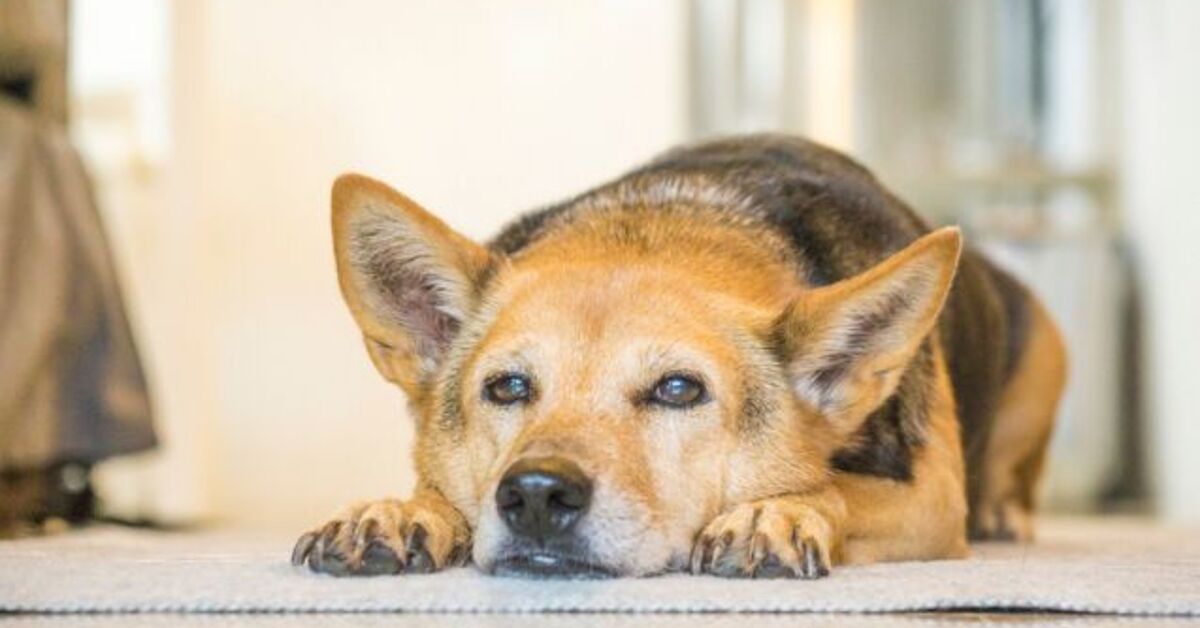
She mentioned a few possibilities. Sometimes it's pain, like arthritis flaring up more when they lie still for a long time. Sometimes, especially with older dogs like Max, it can be something called canine cognitive dysfunction - kinda like doggy Alzheimer's. Their sleep-wake cycles get messed up. They might feel more anxious or confused when it gets dark.
What We Tried (And What Helped)
Based on the vet visit and my observations, here's what I actually did:
- Vet Check First: Ruled out major health issues or obvious pain sources. Got some advice tailored to Max. This was key.
- Comfort Boost: Got him a new, thicker orthopedic bed. Figured if it was mild discomfort, this might help.
- Night Light: Plugged in a simple night light near his sleeping area. The idea was maybe the darkness was disorienting him more now he was older.
- Routine Reinforcement: Made sure his evening routine was super consistent. Dinner, last potty break, quiet time, bed - all at the same time every night.
- Mental Stimulation (Daytime): Tried adding some easy puzzle toys during the day, short training refreshers, just to keep his mind a bit more active when he was awake. The thought was maybe tiring his brain a bit would help him rest better at night.
- Patience: Honestly, just being patient. When he paced, I'd calmly guide him back to his bed, give him a gentle pat, didn't make a big fuss.
It wasn't an overnight fix. But slowly, combining these things seemed to take the edge off. The pacing didn't stop entirely immediately, but it definitely reduced. He seemed a bit less anxious. The night light and the comfy bed seemed to make the biggest difference for Max, I think. Just goes to show, sometimes you gotta play detective and try a few things before you figure out what works for your specific buddy.
